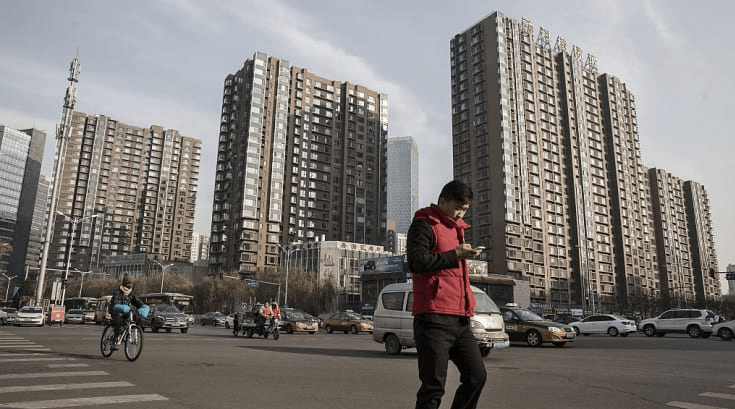Asia’s largest junk bonds are riskier than ever
October 07, 2020 @ 10:39 +03:00
Rising debt of Chinese property developers are in the spotlight again, as liquidity issues at top developer China Evergrande trigger investor concerns. China’s property prices rebounded quickly as the economy reopened after the worst of the pandemic passed. Still, authorities are expected to officially rein in on borrowing costs of developers — outlining rules that cap the ratios of their debt in relation to their cash flows, assets and capital levels.
A leaked document last month regarding the cash flow of Evergrande, China’s second-largest developer by sales, has further highlighted concerns of the liquidity flows of Chinese developers. Analysts warn it’s also raised the pressure on the developers’ ability to repay their debts in the bond markets going into 2021.
China’s property developers are among the biggest junk bond issuers in Asia, with a total of $46.23 billion being issued last year — double that of 2018, according to Refinitiv data. Junk bonds are non-investment grade debt securities that carry a high default risk, and therefore, usually come with higher interest rates to compensate for that risk.
Chinese property developers could face mounting bond repayment pressure next year, according to ANZ analysts. ANZ Research shows that 526 billion yuan ($ 77.46 billion) of onshore bonds will mature in 2021, that’s 16% higher than those due this year; while some $50 billion of offshore dollar bonds are also due next year, or 47% more than this year.
Tens of billions of dollars of bonds are set to mature next year, and analysts warn that amid such tightening financing conditions, developers who need to re-issue bonds to raise cash may face obstacles.
Asia’s largest junk bonds are riskier than ever — and Chinese property developers may be feeling the heat, CNBC, Oct 7








